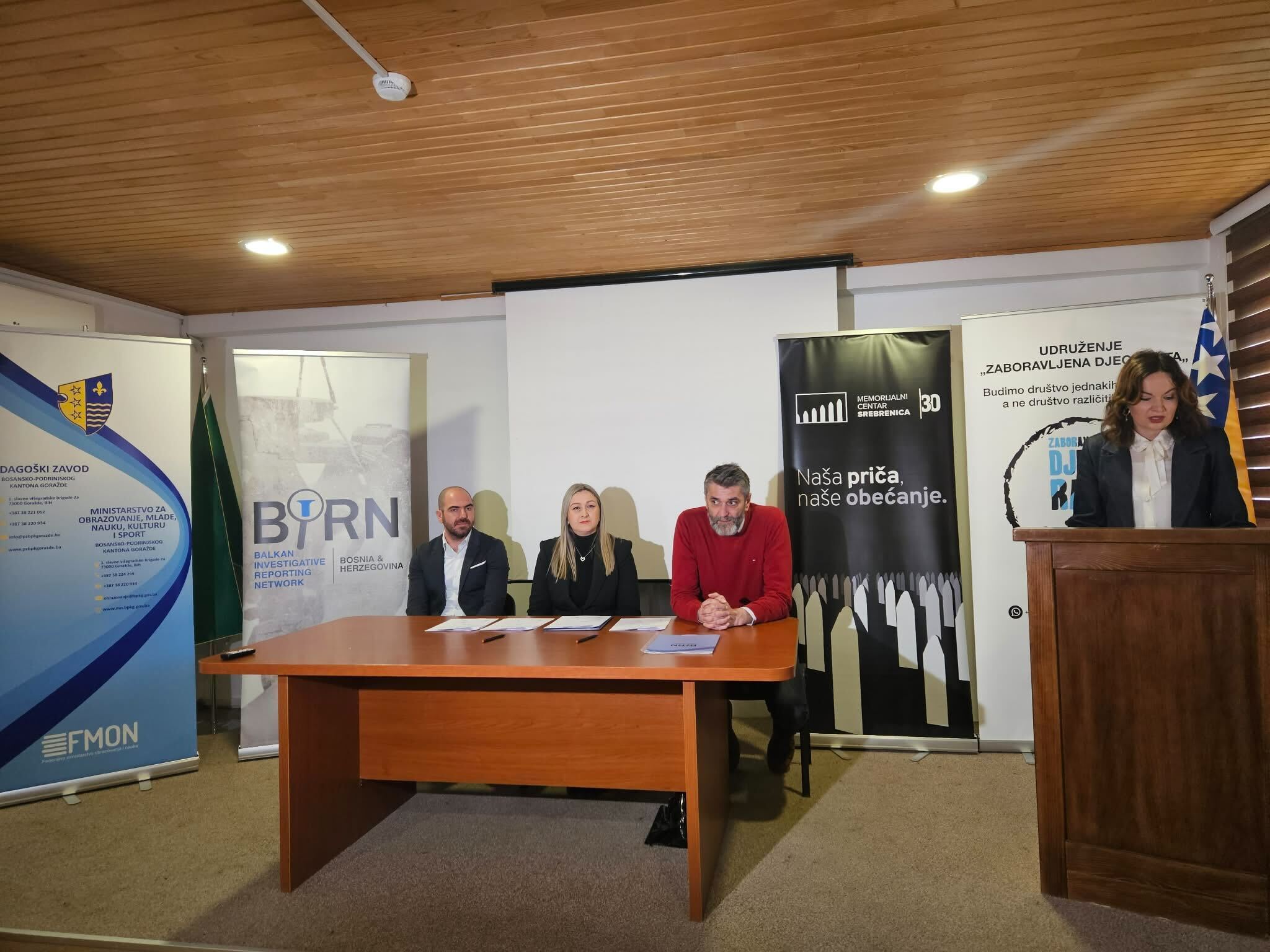This post is also available in: Bosnian
Milorad Novkovic, president of the board on monitoring implementation of Bosnia’s war crimes strategy, told a conference in the northern town of Tuzla on Friday that the situation in the judiciary was deeply worrying.
“Implementation of the war crimes strategy is seriously threatened. Last year, the European Union and Bosnia and Herzegovina signed a memorandum that states that funding to help war crimes investigations will be stopped if a Justice Sector reform strategy is not adopted,” Novkovic noted.
In December 2013, the European Commission released the first tranche of funds allowing the recruitment of 142 prosecutors, judges and assistants to work on war crimes cases throughout the country.
Because of the failure to adopt reforms to the justice sector, however, the second tranche was halted at the beginning of this year.
This has already caused problems in the judiciary. Some prosecutors are working without salaries, assistants have been fired and there is no funding for investigations.
Novkovic said judicial institutions have appealed to politicians to adopt a strategy, and he hoped the politicians will finally agree.
Slobodan Zec, deputy justice minister in the Bosnian Serb entity, Republik Srpska, said the blame lay with Bosnia’s state-level institutions, because they had acted without first making sure that Bosnia’s entity ministries were on board. Bosnia comprises two entities and one district.
“They sent the unfinished draft for adoption to the Federation entity and to Brcko District. We are not the problem. The Republika Srpska Justice Ministry has been part of negotiations, but our requests were not accepted,” Zec said.
Bosnia’s chief prosecutor, Goran Salihovic, said he was worried about 22 employees of his institutions who depend on salaries coming from international funds. “This is a political issue,” Salihovic said.
The European Commission – whose representatives took part in the Tuzla meeting – has told BIRN that it will not release further funding to cover the salaries of over 140 judiciary employees unless and until the Bosnian authorities adopt reforms in the justice sector.

